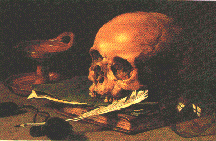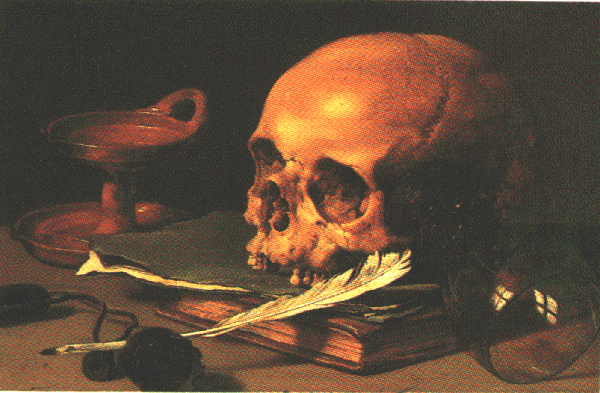

Simon Schama, Dead Certainties New York: Alfred A. Knopf, 1991,
"Captain Berry's Will, 1784" a document packet,
"Is Baltimore Burning?" a document packet on the meaning, legality, and consequences of rhetoric, 1964-1968,
Allen Weinstein, Perjury. The Hiss Chambers Case. New
York: Alfred A. Knopf, 1978.
All reading should be completed according to the schedule and in advance of class discussion. There will be one research paper of 20-25 pages due at the end of the semester answering two questions, was Alger Hiss guilty of perjury and was Alger Hiss guilty of treason? In answering the questions you may assume the voice of a key participant in the events or write as an historian today attempting to provide an unbiased and balanced account.
For example you could be Alger Hiss (see: Recollections of a Life,1988), Donald Hiss, Whittaker Chambers (see Witness, 1952), Priscilla Hiss), Earl William Allen Jowitt (The Strange Case of Alger Hiss,1953), Alistair Cooke (A Generation on Trial,1952), Meyer Zeligs (Friendship and Fratricide,1967), or John Chabot Smith (Alger Hiss: The True Story,1976). I also would be amenable to students assuming the perspective of any other person directly connected with the case if the choice is made and discussed before we end the discussion of Perjury. The final paper will be due the last night of class which will be held at our house, 206 Oakdale Road, Baltimore. At that class, as a final exam, students will be expected to present their conclusions orally, engage in a spirited defense of their assumed points of view, and rate each other's presentations anonymously. Because the Weinstein book is out of print I will make it available in searchable text formaton my web site or on CD.
The final paper is to be submitted on disk as well as on paper. The
syllabus and most reading materials are available on WEB at teachers.md..
This course is intended to be an introduction to the resources and tools
for history available on the internet and the World Wide Web, as well as
a reflective exercise on the meaning of history.
discussion of Schama, pp. 73-170
discussion of Schama and the Webster Case, pp. 171-273.
A=90-100 points; B=80-89 points; C=70-79 points; D=60-69 points; F= anything less than 60 points.
NOTE: The direct quoting of someone else's work (anything more than a phrase or two) without using quotation marks and citing the specific source of the quote (author, title, edition, and page) will not be tolerated and will result in an automatic 'F' on the assignment. Adopting an author's point of view is not considered plagiarism as long as the source is identified by some form of annotation of your text (i.e. footnotes, Turabian short form; note on sources at the end of your essay or review, or some other format approved in advance by the instructor).
©Dr. Edward C. Papenfuse
(instructor)
State Archivist
Office Hours by appointment
Phone: (o) 410-260-6401; (h) 410-467-6137
Internet Address: edpapen@flash.net
Last update: 24 October 2000